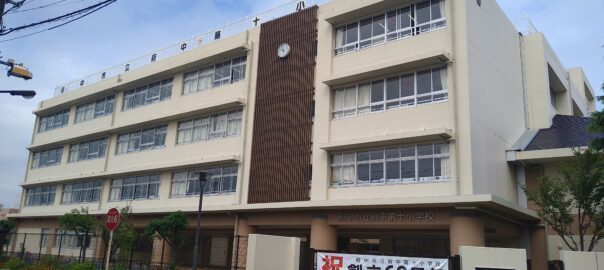In response to increasing rates of student absenteeism, known as futoukou in Japan, the government announces plans to conduct a country-wide health examination and investigation. This initiative aims to address the multifaceted issues leading to children refraining from attending school. The ultimate goal is to understand and provide effective measures for these school refusals, ensuring the mental and physical wellbeing of students.
In Japan, growing student truancy (futoukou) has become a concerning social issue, indicating wider problems such as bullying, personal lifecycle changes, or mental health problems. Society tends to put a high educational burden on children, with the idea of "succeeding in school equals success in life". This nationwide survey reflects the government’s active approach to deal with this issue and the society’s collective desire for healthier, more balanced education for its youth.
In the US and EU, various strategies are usually implemented to combat student absenteeism, ranging from counseling and mentoring programs to parent education workshops. It's also addressed through policy development and community partnerships. Unlike Japan's focus on nationwide examination, the approach in these countries tends to be more localized and community-based.

